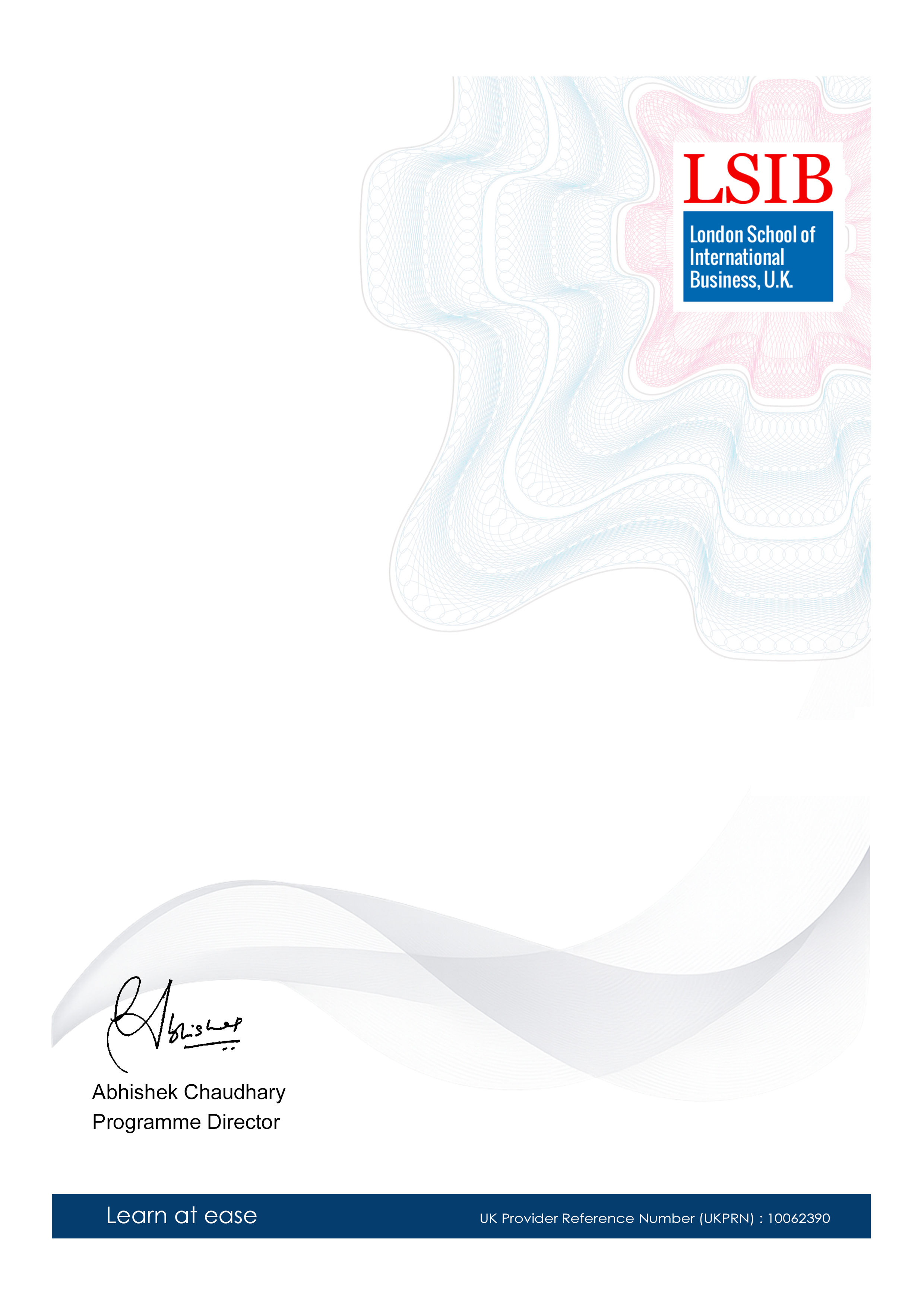Course details
Loading...
Generating course details...
• Digital Marketing Strategy Development: This unit helps learners develop a comprehensive digital marketing strategy, including setting goals, identifying target audiences, and creating a plan for e-commerce marketing campaigns. It covers the essential elements of a digital marketing strategy, including market research, competitor analysis, and budget allocation.
• E-commerce Platform Management: In this unit, learners will gain knowledge on how to manage and optimize e-commerce platforms, including setting up and configuring online stores, managing product listings, and ensuring a seamless user experience.
• Search Engine Optimization (SEO): This unit focuses on the principles and practices of SEO, including keyword research, on-page optimization, link building, and content marketing. Learners will understand how to improve the visibility and ranking of e-commerce websites in search engine results.
• Pay-Per-Click (PPC) Advertising: This unit covers the fundamentals of PPC advertising, including setting up and managing campaigns, creating ad copy, and optimizing ad performance. Learners will learn how to use platforms like Google Ads to drive traffic and sales to e-commerce websites.
• Email Marketing and Automation: In this unit, learners will gain knowledge on how to create and send effective email campaigns, including building email lists, crafting compelling content, and automating email workflows. They will also learn how to use email marketing automation tools to personalize and optimize email campaigns.
• Social Media Marketing: This unit covers the principles and practices of social media marketing, including creating and scheduling social media content, engaging with audiences, and measuring social media performance. Learners will learn how to use social media platforms like Facebook, Instagram, and Twitter to drive traffic and sales to e-commerce websites.
• Data Analysis and Measurement: In this unit, learners will gain knowledge on how to collect, analyze, and interpret data to measure the performance of e-commerce marketing campaigns. They will learn how to use tools like Google Analytics to track website traffic, conversion rates, and other key metrics.
• Content Marketing: This unit focuses on the principles and practices of content marketing, including creating and distributing valuable, relevant, and consistent content to attract and retain a clearly defined audience. Learners will learn how to use content marketing to drive traffic, generate leads, and boost sales.
• Influencer Marketing: In this unit, learners will gain knowledge on how to partner with influencers to promote e-commerce products and services. They will learn how to identify and select influencers, create effective influencer marketing campaigns, and measure their performance.
• E-commerce Marketing Essentials: This unit provides an overview of the essential elements of e-commerce marketing, including digital marketing strategy, e-commerce platform management, SEO, PPC advertising, email marketing, social media marketing, data analysis, content marketing, and influencer marketing. Learners will gain a comprehensive understanding of e-commerce marketing and how to apply it in real-world scenarios.

